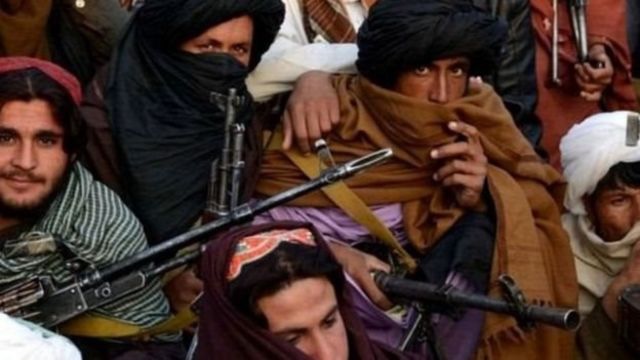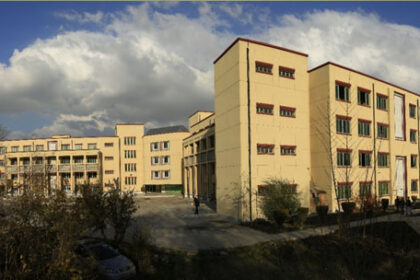RASC News Agency: The U.S. Institute of Peace (USIP) has released an analytical report revealing significant resistance from the Organization of Islamic Cooperation (OIC) and religious scholars against the Taliban’s “Vice and Virtue” law. Even conservative nations like Saudi Arabia have expressed disapproval of the Taliban’s restrictive interpretation of Sharia. USIP emphasizes that this global opposition underscores that the Taliban’s stance not only diverges from Islamic jurisprudence but also risks isolating Afghanistan diplomatically. Scholars argue that the Taliban view Islam merely as a tool for repression and authority consolidation.
The report highlights an edict from Taliban Prime Minister Hasan Akhund banning religious debates, seen as an attempt to prevent potential dissent from religious figures and the general public. This policy, according to USIP, reflects the Taliban’s awareness of mounting dissatisfaction and their anxiety over potential challenges to their authority.
USIP analysts note that by stifling discourse on sensitive religious matters, the Taliban aim to suppress any perceived threats to their rule. They express concern that the Taliban’s approach betrays a deeper anxiety over the fragility of their power and a fear of public unrest. These actions, USIP warns, reveal the Taliban’s recognition of simmering discontent and a willingness to suppress any voices that might mobilize the public.
USIP underscores that the new law, which imposes severe restrictions on women’s movement, appearance, and public participation, has encountered backlash not only from Afghanistan’s religious scholars and civil society but also from the broader Muslim community and even factions within the Taliban. The report was authored by Palwasha Kakar, a USIP researcher, and Mohammad Tariq Osman, a former deputy minister of Afghanistan’s Ministry of Religious Affairs.
Taliban’s Vice and Virtue Law enacts extensive constraints on Afghanistan’s citizens, particularly targeting women and girls. The law categorizes women’s voices and faces as “aura” or objects of concealment, and, if fully enforced, it will erode fundamental human rights and fortify the Taliban’s authoritarian and ethnocentric regime.






